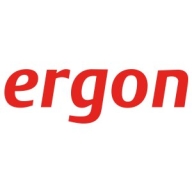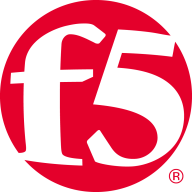


Find out what your peers are saying about Fortinet, F5, Imperva and others in Web Application Firewall (WAF).
| Product | Market Share (%) |
|---|---|
| Cloudflare Web Application Firewall | 5.4% |
| NGINX App Protect | 2.2% |
| Airlock | 0.8% |
| Other | 91.6% |

| Company Size | Count |
|---|---|
| Small Business | 16 |
| Midsize Enterprise | 6 |
| Large Enterprise | 6 |
| Company Size | Count |
|---|---|
| Small Business | 9 |
| Midsize Enterprise | 5 |
| Large Enterprise | 12 |
Cloudflare Web Application Firewall's intuitive dashboard enables users to build powerful rules through easy clicks and also provides Terraform integration. Every request to the WAF is inspected against the rule engine and the threat intelligence curated from protecting over 27 Million websites. Suspicious requests can be blocked, challenged or logged as per the needs of the user while legitimate requests are routed to the destination, agnostic of whether it lives on-premise or in the cloud. Analytics and Cloudflare Logs enable visibility into actionable metrics for the user.
The problem of internet security is almost as old as the internet itself. But there is a reliable solution: Airlock Suite from Ergon. Airlock Suite is underpinned by superb Swiss engineering expertise, many years of experience and well thought-out concepts that master the most complex challenges. Airlock Suite deals with the issues of filtering and authentication in one complete and coordinated solution - setting new standards for usability and services.
NGINX App Protect application security solution combines the efficacy of advanced F5 web application firewall (WAF) technology with the agility and performance of NGINX Plus. The solution runs natively on NGINX Plus and addresses some of the most difficult challenges facing modern DevOps environments:
NGINX App Protect offers:
We monitor all Web Application Firewall (WAF) reviews to prevent fraudulent reviews and keep review quality high. We do not post reviews by company employees or direct competitors. We validate each review for authenticity via cross-reference with LinkedIn, and personal follow-up with the reviewer when necessary.